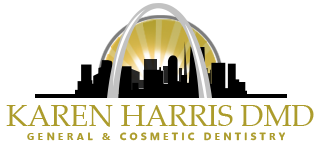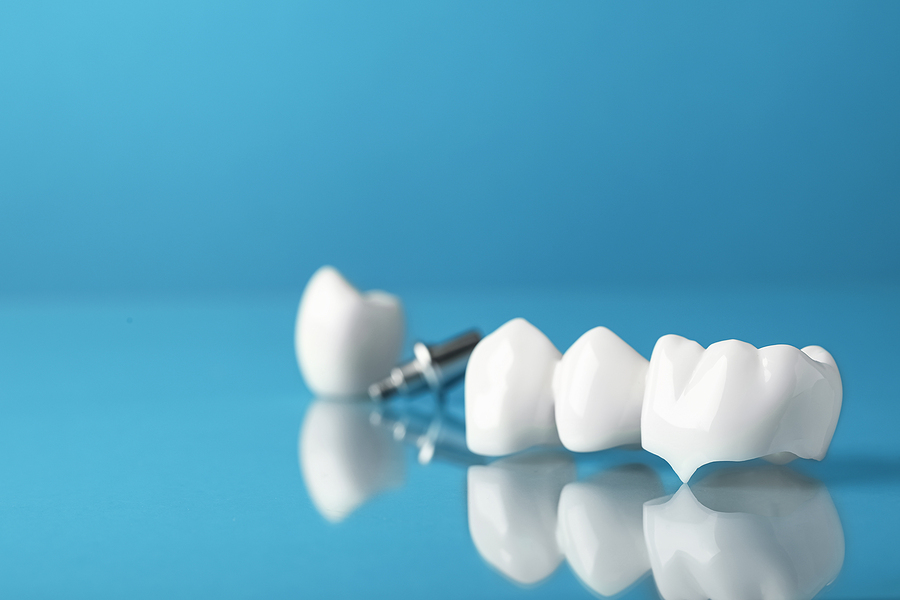Maintaining proper oral function goes beyond having a straight smile—it involves the muscles of the mouth, tongue, and face working harmoniously.Myofunctional therapy in St. Louis, MO, is a specialized treatment that addresses oral muscle dysfunction, helping patients improve their breathing, swallowing, and speech. This therapy benefits children and adults, supporting long-term oral and overall health.
If you're looking for a professional dentist, understanding how myofunctional therapy works can help determine if it's the right solution for you or your child.
What Is Myofunctional Therapy?
Myofunctional therapy is a series of exercises designed to retrain the muscles of the face, tongue, and mouth to function correctly. These exercises focus on improving breathing, swallowing, chewing, and tongue posture. By correcting improper muscle habits, this therapy can prevent or reduce issues such as speech difficulties, sleep apnea, and orthodontic relapse.
Adentist in St. Louis, MO, trained in myofunctional therapy, works with patients to identify dysfunctions and create personalized treatment plans to address them effectively. Contact usto get the best myofunctional therapy.
Common Conditions Treated with Myofunctional Therapy
Myofunctional therapy in St. Louis, MO, is beneficial for a variety of conditions, including:
Tongue Thrust
Tongue thrust is when the tongue pushes against the front teeth during swallowing instead of staying at the roof of the mouth. This can lead to orthodontic problems like open bites and misaligned teeth. Myofunctional therapy helps retrain the tongue to rest in the correct position.
Mouth Breathing
Chronic mouth breathing can cause dental issues, sleep disturbances, and even facial development problems in children. Therapy focuses on strengthening the muscles involved in nasal breathing and promoting proper airflow.
Sleep Apnea and Snoring
Poor muscle tone in the tongue and throat can contribute to sleep apnea and snoring. Myofunctional therapy strengthens these muscles, helping keep the airway open and reducing sleep-related breathing disorders.
Speech Problems
Proper tongue positioning may cause speech difficulties, such as lisping or difficulty pronouncing certain sounds. Myofunctional therapy can improve speech clarity by retraining the tongue's movement.
Orthodontic Relapse Prevention
After orthodontic treatment, teeth can return to their original position if the tongue and facial muscles are not properly aligned. Myofunctional therapy ensures that these muscles support the new alignment, reducing the risk of relapse.
TMJ Disorders and Jaw Pain
Poor oral muscle function can contribute to temporomandibular joint (TMJ) pain, headaches, and jaw discomfort. Strengthening and rebalancing these muscles can relieve symptoms.
How Myofunctional Therapy Works
A dentist trained in myofunctional therapy will assess a patient's oral muscle function and create a customized plan based on their needs.
Step 1: Initial Assessment
The therapist evaluates:
- Tongue posture and movement
- Swallowing patterns
- Breathing habits (nasal vs. mouth breathing)
- Speech function
- Jaw alignment
Step 2: Personalized Exercise Plan
Once problem areas are identified, the patient is given specific exercises to:
- Strengthen weak muscles
- Improve tongue posture (keeping it at the roof of the mouth)
- Promote nasal breathing
- Enhance swallowing patterns
Step 3: Ongoing Therapy Sessions
Patients attend regular therapy sessions (weekly or biweekly), where progress is monitored, and exercises are adjusted as needed. Depending on the severity of the dysfunction, most treatment plans last several months.
Step 4: Long-Term Maintenance
After therapy, patients may need to continue some exercises to maintain their progress. Periodic follow-ups with their dentist ensure lasting results.
The Benefits of Myofunctional Therapy
Patients who undergomyofunctional therapy in St. Louis, MO, experience a range of benefits, including:
- Better breathing– Encourages nasal breathing, reducing the risk of respiratory problems.
- Improved sleep quality– Helps alleviate snoring and mild sleep apnea symptoms.
- Enhanced speech clarity– Supports correct tongue positioning for clear pronunciation.
- Reduced orthodontic issues– Helps maintain straight teeth after braces or aligners.
- Decreased jaw pain and headaches– Relieves tension in the jaw muscles.
Who Can Benefit from Myofunctional Therapy?
Myofunctional therapy is suitable for both children and adults.
- Children:Early intervention can prevent future orthodontic problems, speech difficulties, and improper breathing habits.
- Adults:Therapy can help with TMJ pain, sleep apnea, and orthodontic relapse.
Finding the Right Dentist for Myofunctional Therapy
If you're considering myofunctional therapy, finding a qualified professional is essential. A skilled dentist with experience in myofunctional therapy can provide comprehensive evaluations and effective treatment plans.
Conclusion
Myofunctional therapy is a powerful, non-invasive treatment that addresses a variety of oral and facial muscle dysfunctions. Whether you're struggling with tongue thrust, mouth breathing, or sleep apnea, this therapy can help improve overall oral function and well-being.
For those looking for a reliabledentist in St. Louis, MO, consider specializing inmyofunctional therapy to achieve optimal results and long-term oral health. Investing in myofunctional therapy today can lead to a healthier, more functional smile for years.
To schedule an appointment with Karen J Harris, DMD & Associates, located at 2000 Locust, St. Louis, MO 63103, call (314) 231-4893 for bookings and consultations. Please visit our official website to learn more about our various services.







0 comments